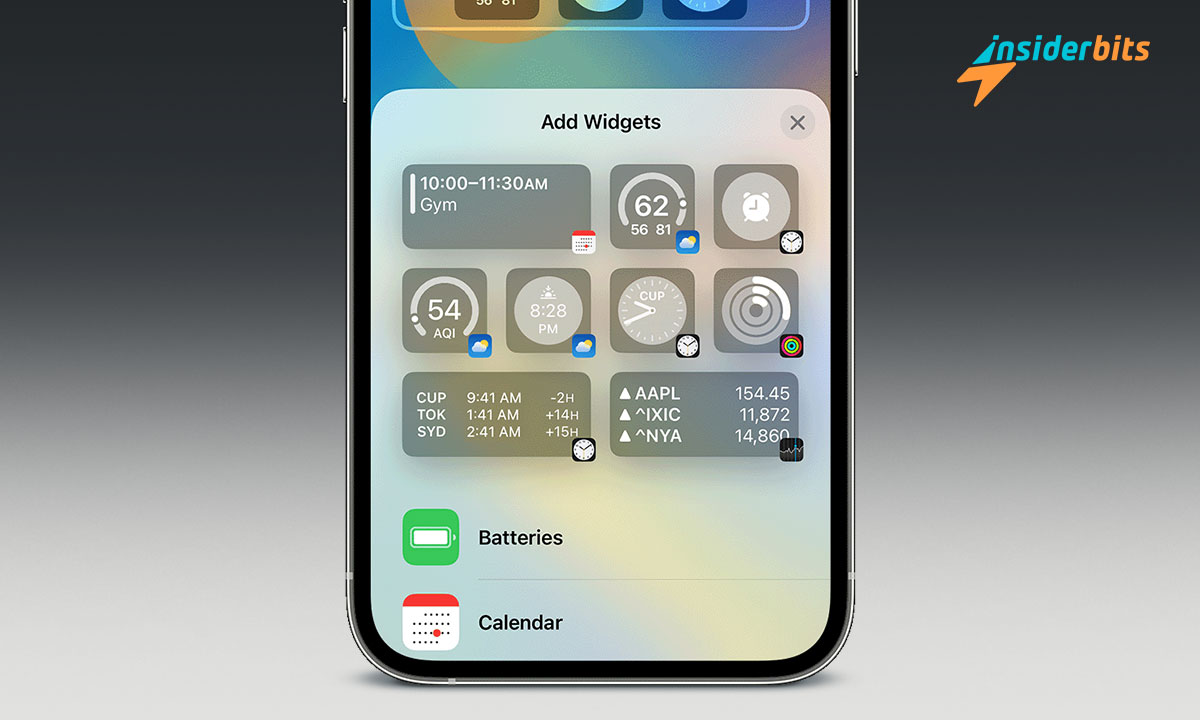Probably, you haven’t realized that you have a right to a credit report free in the U.S. Knowing your history is crucial for making informed decisions about financial matters. Yes, you can request it without charges annually.
Obtaining and reviewing it frequently helps you follow your financial history to avoid possible mistakes or scams. At Insiderbits, we explain how to get and interpret this data.
Why is a credit report free so relevant to get?
It is a comprehensive overview of your individual financial history. It shows any economic facts. Reviewing it is critical because it contains information determining your capacity to get financial support in the future.
Lenders, creditors, and companies use your credit score and history to assess the risk of advancing your money. A good account allows you to obtain better interest rates and favorable conditions in future loans.
Your report is prepared and delivered by the three largest credit agencies: They are Equifax, Experian, and TransUnion. They oversee gathering all your financial data, from credit movements to accounts. It is interesting to know that each may have slightly different information, so the best is to request reports from each one.
Maintaining a positive history increases your score. Meanwhile, it allows you to have access to more and better credit offers.
Credit report free yearly
You have the right to one report for each of the three major bureaus every twelve months. You can do it through the site AnnualCreditReport.com.
It’s a good idea to space out applications to monitor your data consistently. For example, you can do it every four months from an agency.
In addition, you can get the file at any time if you suspect you’ve been a victim of fraud. You can do that by filing a fraud alert. It is the best way to ensure everything runs smoothly. Catching problems early allows you to act quickly to correct them and minimize damage to your score.
The three main credit bureaus
As we have already mentioned, In the US, three credit bureaus collect and provide financial data to consumers and institutions.
Equifax
Equifax was founded in 1899 and has headquarters in Atlanta, Georgia. It maintains credit information for over 820 million consumers and 90 million businesses worldwide.
You’ll get a complete history summary allowing you to detect on time and dispute any errors or fraudulent activity.
Experian
Experian is another central credit agency, founded in 1980 with headquarters in Germany. Experian processes credit information to help individuals and businesses make informed financial decisions. Its database has over a billion people and operates in nearly 40 countries.
It will give you full access to the credit history they keep on file. It will give you a 360° view of your credit profile in comparison with other agencies.
TransUnion
TransUnion was founded in 1968 and is the third leading credit bureau in the United States. Based in Chicago, Illinois, it provides a wide range of credit information services globally. Its folder has more than a billion profiles and around 70 thousand companies.
Steps to get your credit report free
It is a simple process you can complete in a few minutes. You have to visit the website AnnualCreditReport.com. To proceed, please follow the instructions listed below:
1. Complete the application form
Select the “Request your credit reports” button. A form will appear that you must fill out with all the required data. You must also stipulate the number of reports you need; remember that you have three pieces yearly, one from each bureau.
2. Specify the agency
You have the opportunity to request them all at once or just one. You must confirm your identity by answering personal and tax details questions.
3. Download
You are able to save your account to your PC or the cloud. Take time to review it in detail and download a copy.
4. Interpret the information
Your report comprises technical data: scores, payment history, open accounts, etc. Make sure you interpret all these details correctly to identify if you have problems or not. It contains different sections. Here are some tips for interpreting the details:
· Review the initial summary of your credit score. This score between 300 and 850 limits your creditworthiness. A score close to 700 is reasonable.
· Analyze the payment history section. Confirm that no accounts have late payments or outstanding balances; it undesirably affects your score.
· Confirm that the accounts listed are yours. If you see any suspicious or unknown, discuss them with the agency.
· Look at the “recent queries” section. It is to detect fraudulent credit applications.
· Check that your data, such as name, address, and employer, are correct. If you still need to, you must notify the agency.
If you observe incorrect information or accounts belonging to another person, start the process straight with the agency to amend the errors.
Monitor your credit for fraud
Here are some tips for monitoring your credit and detecting any sign of fraud:
· Request your file from each bureau once a year. Look for accounts or activities cautiously.
· Consider requesting additional reports every four months to monitor more frequently. Many services allow you to get notifications more regularly for a small fee.
· Turn on suspicious activity notifications on your existing credit card or loan accounts.
· Regularly check your credit card statement for irregular charges. Immediately inform your bank if you see anything suspicious.
· Consider using a credit monitoring service.
· If you suspect you’ve been a scam victim, request a fraud alert that allows you to monitor your account more often.
Consistently monitoring your credit allows you to act quickly on any signs of fraud. The sooner you detect irregular activity, the faster you can minimize the damage.
Prevent identity theft and fraud
Identity theft and credit fraud are serious problems that can ruin your financial history. Here are some tips to protect yourself:
· Never share personal or financial information by email, call, or message. The credit bureaus will never ask you for that information.
· Shred physical documents with sensitive data before disposing of them. Don’t throw away statements or documents with account numbers, Social Security, or other sensitive information.
· Regularly check your credit report for suspicious activity or accounts you don’t recognize. If you see something strange, dispute it with the agency.
· Consider freezing your credit when you don’t need to apply for new credit. It will prevent criminals from opening fraudulent accounts.
· Be careful when using public Wi-Fi to enter sites with sensitive information. It is best to avoid these types of connections.
· Install antivirus software and firewalls to protect your devices.
Monitoring your credit and taking preventive measures is the best way to detect and prevent fraud. Report any suspicious activity to agencies as soon as possible.
Make the most of your credit report-free
Getting and reviewing it every 12 months is an indispensable habit to monitor your financial situation and identity closely. Catching errors or irregular activity early can help you resolve problems before they become severe and irreparable.
Remember that the law gives you access to your credit information for free. Don’t miss this opportunity to ensure your finances. Your credit report is your best economic ally.





